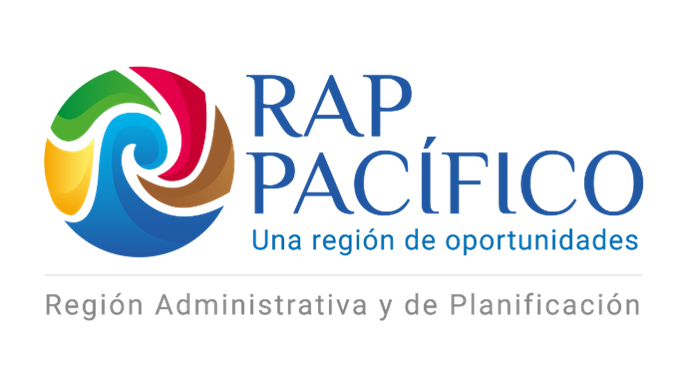
In 2013 the European Union adopted the Communication on "Empowering local authorities in partner countries for enhanced governance and more effective development outcomes" , recognising the core role of local authorities –a term which encompasses different tiers of government such as villages, municipalities, districts, counties, provinces, and regions– in development.
Being closer to citizens than other public institutions, local authorities, including regional authorities, hold responsibility in mobilising local societies’ opinions while acting as catalysts for tangible change. This is particularly true in terms of more efficient public administration, more inclusive development processes in cooperation with civil society organisations (CSOs), and solutions to urgent and imperative challenges faced by local communities. Such challenges include social exclusion, migration, food security, limited infrastructures, rapid urbanisation, depletion of resources, public safety and violence, environmental and social impact of extractive activities, climate adaptation and mitigation, rule of law and access to justice. Good governance at local level is essential to achieve sustainable development and equitable outcomes. It creates the conditions for inclusive, responsive and effective development processes. Moreover, associations of local authorities can be instrumental in achieving good governance and development outcomes at the local level.
The European Union recognises local authorities as key enablers in the achievement of the sustainable development goals (SDGs). "Development starts at the local level. Most jobs, basic social services, political and civic rights are provided first and foremost in cities or regions or through local branches of government. Moreover, I agree with the resolution where it states that, in order to be adequate and legitimate, policies have to be defined through a bottom-up approach. This means that they have to start with local authorities." (Commissioner Mimica's speech at the European Parliament on 5 October 2016).
Translating the 2030 Agenda for Sustainable Development into national development policies will not be enough, as the actual impact of such policies will ultimately depend on the institutions through which they are designed and delivered. Localisation is therefore essential to achieve the SDGs.
Local authorities have a key role to play in reaching 65% of the 169 targets. Out of the 169 targets associated to the 17 SDGs:
- 21% of these targets can only be implemented by local actors;
- 24% should be implemented by local actors;
- 20% should have orientation towards local urban stakeholders.
Local authorities have a central role to play in improving the implementation of goals 1, 2, 5, 6, 7, 8, 9, 11, 12, 13, 16 and 17, which are all strongly interconnected. The added-value of local authorities is vital in terms of both SDG implementation and the translation of national policies into local actions unlocking territorial potential.
Autonomous and accountable local authorities will:
- directly improve the overall efficiency of national SDG-based programs through matching of resources to local demands;
- promote the SDGs by mobilising a wide range of local resources to supplement and complement national efforts and deliver genuine local development.
Localisation of the SDGs and support to local authorities – including regional governments – is therefore vital for the success of the SDGs, and will not be effectively implemented or achieved without autonomous, accountable and empowered local authorities at all subnational levels.
Rosario Bento
Head of Unit of DEVCO B2, European Commission













































































